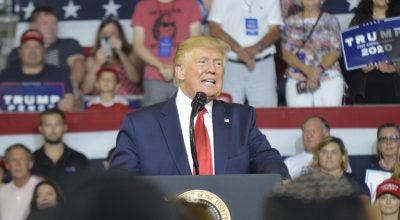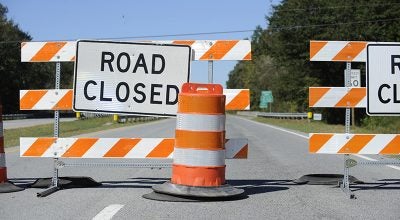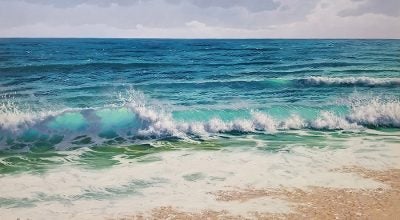Super PACs hold election keys
Published 12:06 am Friday, January 20, 2012
Proponents of the voter ID movement in North Carolina would have you believe that nefarious characters are conspiring to steal elections using disguise and deceit. They believe that armies of corrupt voters are tainting election results at the ballot box.
Nothing could be farther from the truth.
Research conducted by the state Board of Elections found that for every million votes cast in the state from 2004 to 2010, only five involved fraud that a voter-ID law would have stopped. Not 5 percent, mind you, but five.
According to Democracy North Carolina, a statewide nonpartisan organization focused on addressing key issues affecting democracy, other research has proven consistent with that of the state Board of Elections.
A U.S. Department of Justice study uncovered less than 25 voting-fraud incidents nationwide every year.
A five-year George W. Bush administration review that focused on alleged “voter fraud” found only 120 cases in the nation that rose to the criminal level — most ended without convictions because of voter misinformation and misunderstanding of eligibility requirements.
Voter fraud does not alter election outcomes. That’s done through campaign contributions.
The latest, and most concerning, is the influence of independent expenditure-only committees, more commonly known as Super PACs with patriotic names like Restore Our Future, Winning Our Future, Endorse Liberty and Make Us Great Again.
Similar to a political-action committee on steroids, “Super PACs raise unlimited sums of money from corporations, unions, associations and individuals then spend unlimited sums to overtly advocate for or against political candidates,” according to OpenSecrets.org, a nonpartisan, independent and nonprofit group that tracks money in U.S. politics and its effect on elections and public policy.
The artillery in any election is campaign dollars, and unlimited fundraising and spending turns our electoral process into a nuclear war. Super PACs are licensed to spend as much money as they can collect on advertising in toss-up states like Florida, Ohio, Pennsylvania and, yes, North Carolina.
That should be a real concern when it comes to holding honest elections.





